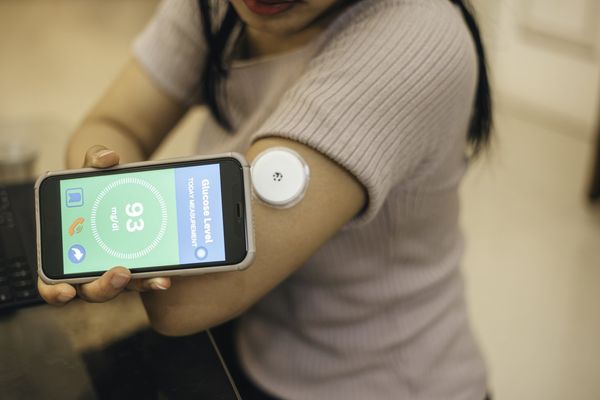Coping with news that someone you love has type 2
diabetes can be difficult, especially if you are this person's caregiver. However, as with most big life events, you may want to begin this journey with a deep, cleansing breath and the knowledge that you can get through this with appropriate adjustments.
Your loved one will likely go through some of the normal stages of grief after receiving a diabetes diagnosis: denial, guilt, anger and acceptance. It may be a long time before they get to this last stage, but take comfort in knowing that it will come.
If the person you are caring for expresses denial about their state of health, you may want to give them some time to adjust. Denying that something is wrong may be their way of protecting themselves from the bad news. However, if denial leads them to continue a lifestyle that may exacerbate their blood sugar disorder, it may be time to step in and offer some stern yet supportive guidance. Feel free to contact your loved one's health care provider for advice or assistance.
When feelings of guilt or anger arise, you should be there to provide comfort and let the person know that you are there to help him or her make the necessary adjustments. Diabetes is a chronic yet manageable disease. Often, a change of perspective can help people accept their condition and deal with it.
In fact, sometimes it helps to make light of the situation. Joking and laughing are great for the mind and body, so try not to let the mood get too heavy. Consider keeping DVDs of favorite movies around for some comic relief when needed.
Most importantly, you will need to encourage the person with diabetes to live a healthy lifestyle. This means restricting sweets and other unhealthy foods, as well as encouraging regular exercise and medical visits. Blood glucose testing will become a regular part of the person's daily routine, so be sure to speak with your loved one's health care provider about the best way to conduct these and what to do if a reading is too high or too low.

Caregiving: How to Help a Person Come to Grips With a Diabetes Diagnosis
Jan 09, 2012
Nov 09, 2023
Diabetes





